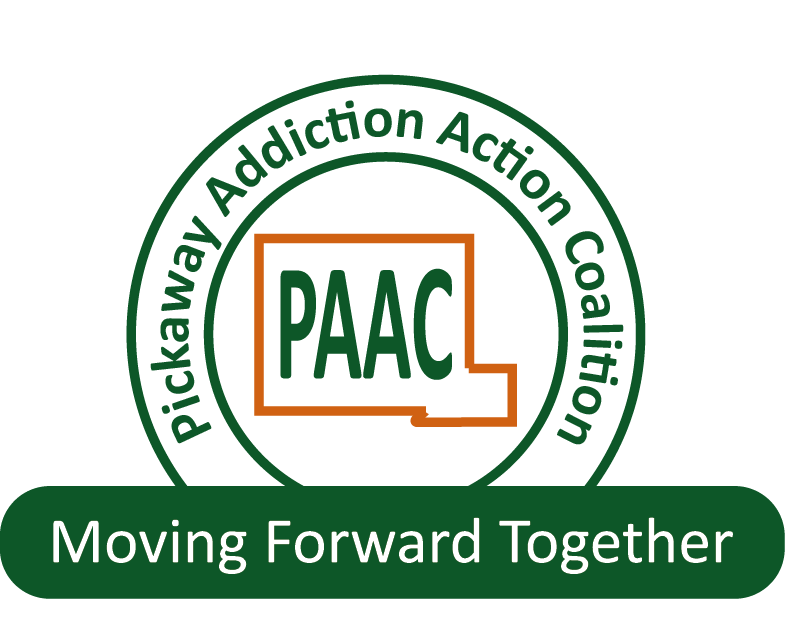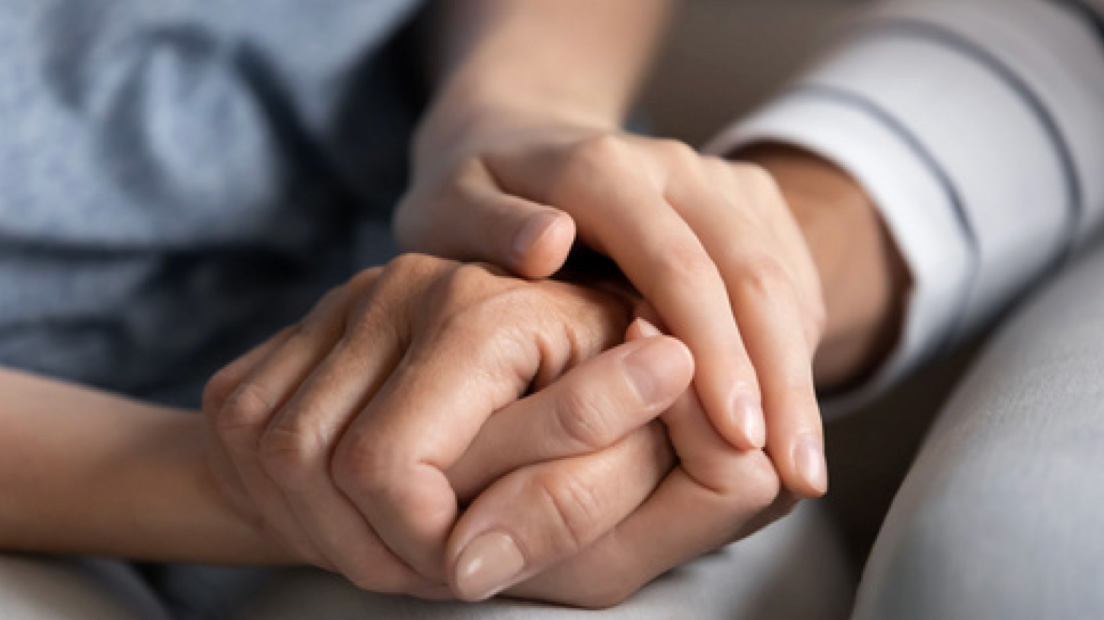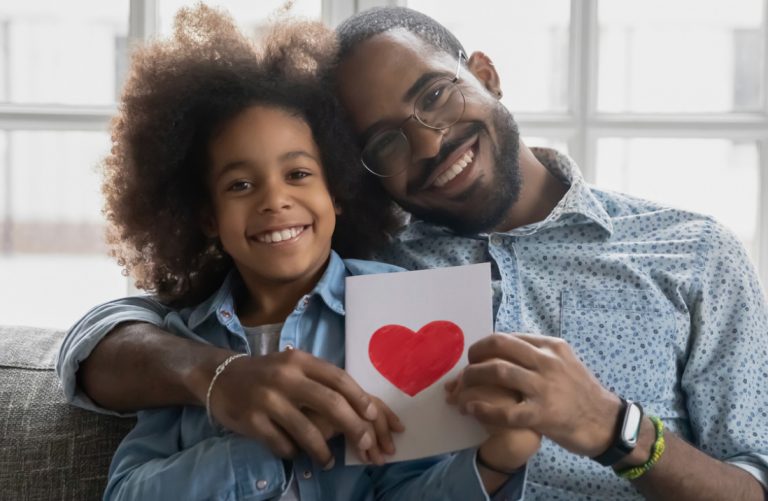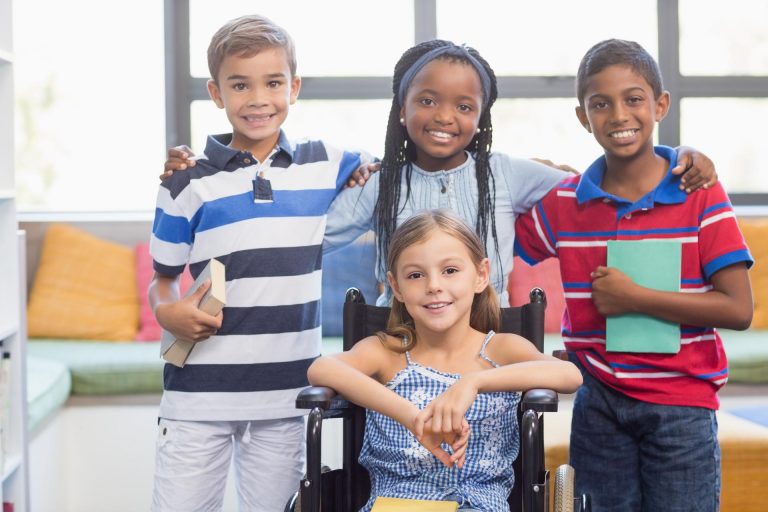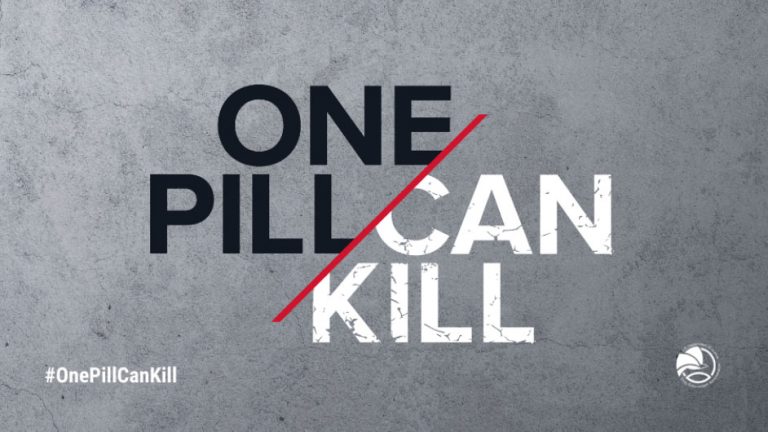Know! To Help Young People Heal from Collective Grief
Collective grief occurs when a community or society experiences extreme change or loss. We often experience collective grief after mass tragedies, crises, and violence. Like individual grief, we may feel a lack of control or powerless to prevent the loss or change. During an ongoing crisis, we might also experience anticipatory grief – mourning and grieving a loss before it occurs. The fear, anger, anxiety, sadness, and other intense emotions of anticipatory grief can feel overwhelming. When there isn’t time between losses to process grief, we experience cumulative grief. Cumulative grief might feel like conflicting and overwhelming emotions or profound numbness.1,2
Know! That Young People Are Vulnerable to the Effects of Collective Grief
Right now, young people are feeling collective grief on many scales. There is grief over the loss of millions of lives due to COVID-19, grief that comes with the loss of milestones and connections during the pandemic, grief due to ongoing police brutality, and grief over mass violence in Ukraine, Israel, Palestine, and other parts of the world. Young people may also experience grief specific to events in their communities – events like natural disasters, mass shootings, and car accidents can cause collective grief on a local scale.
Young people are particularly vulnerable to the effects of collective grief. Because young people have had less time to develop healthy coping mechanisms, they are more likely to engage in self-destructive behaviors, like alcohol or drug use, to deal with stress and uncertainty. Teenagers especially spend more time on social media than other age groups, which leads to repeated exposure to potentially traumatizing information and images of crises. Frequent secondhand exposure to mass tragedy can heighten young people’s experiences of grief and worsen their mental health outcomes, even if they and their family members are safe.3
There is no right or wrong way to feel or grieve during times of mass tragedy. The grief process is not linear, and the healing process for collective grief can look much different from individual grief. Often, during times of collective grief, what we need most is connection. Young people, especially, need guidance and support from the caring adults in their lives.1,3,4
Know! The Signs to Look For
When children experience a traumatic event, whether first- or secondhand, they may have a variety of reactions. Paying attention to behavior changes can help you better understand what kind of support a young person needs.
Preschool Age
Children ages 1-5 depend on adults for support during times of change and loss, as they have not developed their own coping skills. After experiencing trauma, they may return to an earlier behavioral stage. They may resume thumb-sucking or bedwetting or become attached to a safe place or person. You may also notice changes in eating and sleeping habits and unexplainable aches and pains.5
Early Childhood
Children ages 5-11 might react similarly to younger children, returning to more childish behaviors like asking to be dressed or fed. They may also isolate themselves from friends, compete for attention from parents, fear going to school, or act more aggressively than usual.5
Adolescence
Older children and teens experiencing stress might express vague physical complaints and abandon responsibilities like chores and schoolwork. They may withdraw from social activities, behave disruptively in school or at home, or engage in high-risk behaviors, such as alcohol or drug use. Older teens may also feel helpless and guilty because they cannot do anything to prevent or respond to a tragedy or crisis.5
Know! What You Can Do
Allow Young People to Express their Grief
Encourage young people to talk to adults about their feelings and express their grief. Help them to understand that there are no bad or wrong emotions, whether they are feeling scared, angry, sad, worried, confused, or a combination of several emotions. Try to have regular conversations about how events impact them and let them know they are not alone in experiencing intense emotions. You may also want to provide an outlet like journaling or drawing to help younger children express their feelings more easily. 4,5,6,7
Connect Young People to Others for Support
When grief is collective, it can be helpful for healing to occur collectively as well. Identify people outside yourself who can support young people, including those who share an identity with the young person in your life. Look for events that allow community members to connect, grieve together, and be united in healing. These may provide a much-needed connection to others, which can help people of all ages feel less alone in their grief.2,7
Help Young People Feel Safe
During times of crisis, young people often feel unsafe or unstable. Talk with young people about their safety concerns. Work together to find people, places, and processes that help them to feel safe as they go about their day. Creating and sticking to a normal routine can increase feelings of safety and security amid uncertainty, so as much as you can, try to maintain an established schedule of meals, activities, and sleep.3,7
Enhance Young People’s Coping Skills
Young people need help developing healthy coping skills, especially during times of widespread grief. Emphasize to young people that they should be kind to themselves and that it’s okay to feel different than they felt before. Find activities you can do together, like getting outside in nature, game night, trying new recipes, or arts and crafts that allow young people to care for themselves. You can find more coping skills and ideas in this Know! Tip.7
Get Involved
Talk with young people about how they might want to get involved in creating change in your community. You might participate in a community event, volunteer at a local organization, or join a group at school that is helping to strengthen your community. Being a part of change and community healing can help young people make meaning out of tragedy and cope with their feelings of grief.2,7
Resources
- Students Who Have Experienced a Crisis (apa.org)
- Helping Teens with Traumatic Grief Tips for Caregivers.pdf (nctsn.org)
- Assisting Parents Caregivers in Coping with Collective Traumas.pdf (nctsn.org)
- Taking Care of Your Mental Health after Collective Trauma – Campus Health (unc.edu)
- Coping with Grief After Community Violence.pdf (samhsa.gov)
Sources
- Tips for Providers Helping Children
- What is Collective Grief?
- How Collective Trauma Impacts Teen Mental Health
- Tips for Survivors
- Tips for Talking to Children and Youth After Traumatic Events
- Coping Tips for Traumatic Events and Disasters
- Assisting Parents/Caregivers in Coping with Collective Traumas
